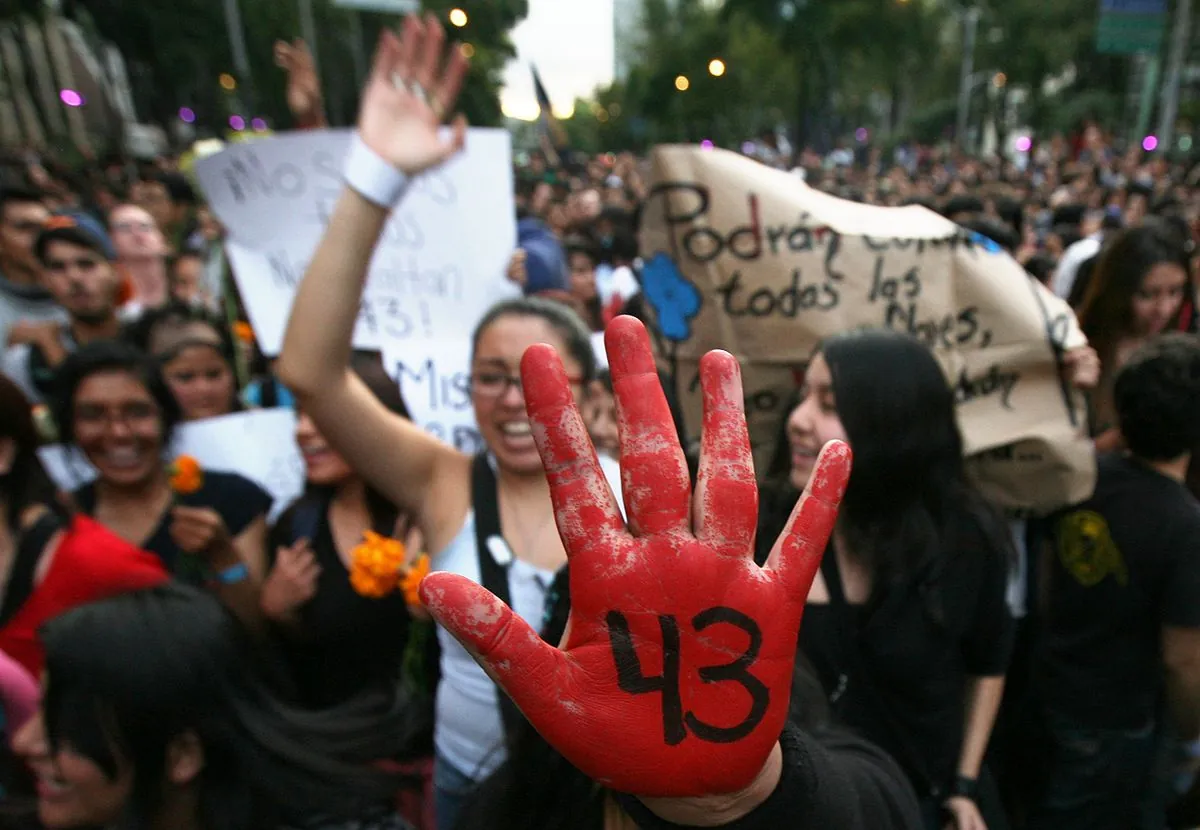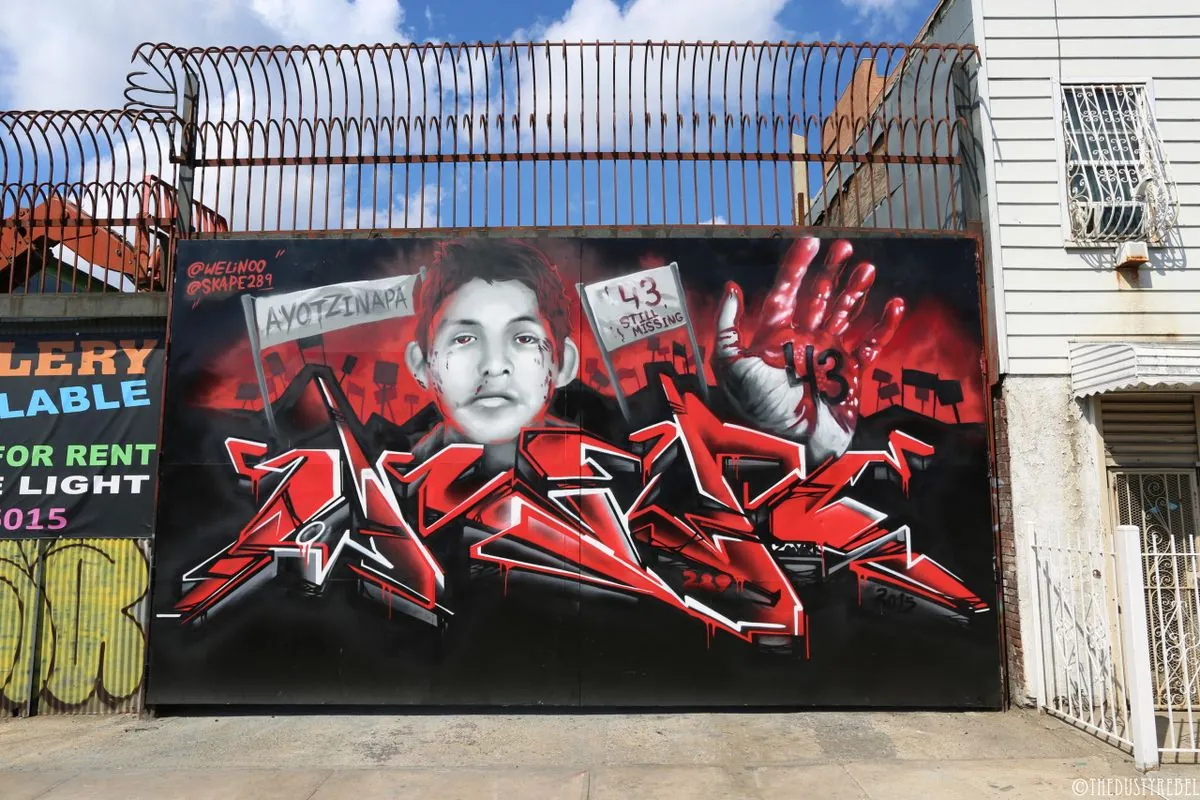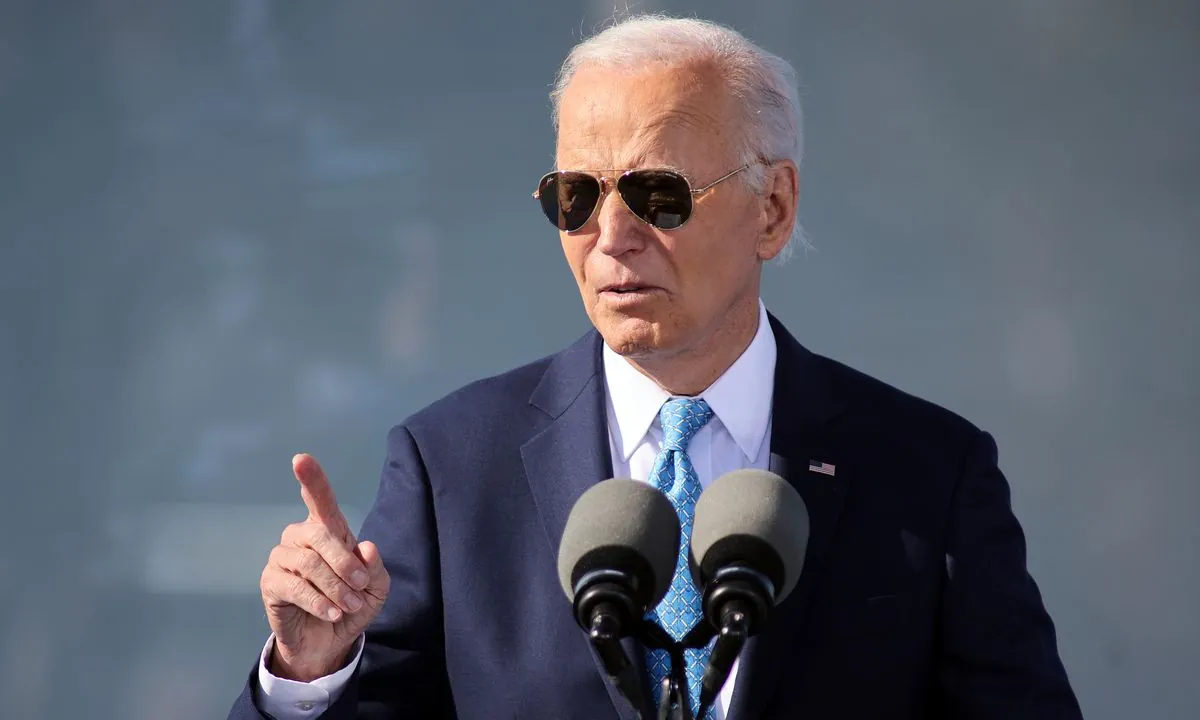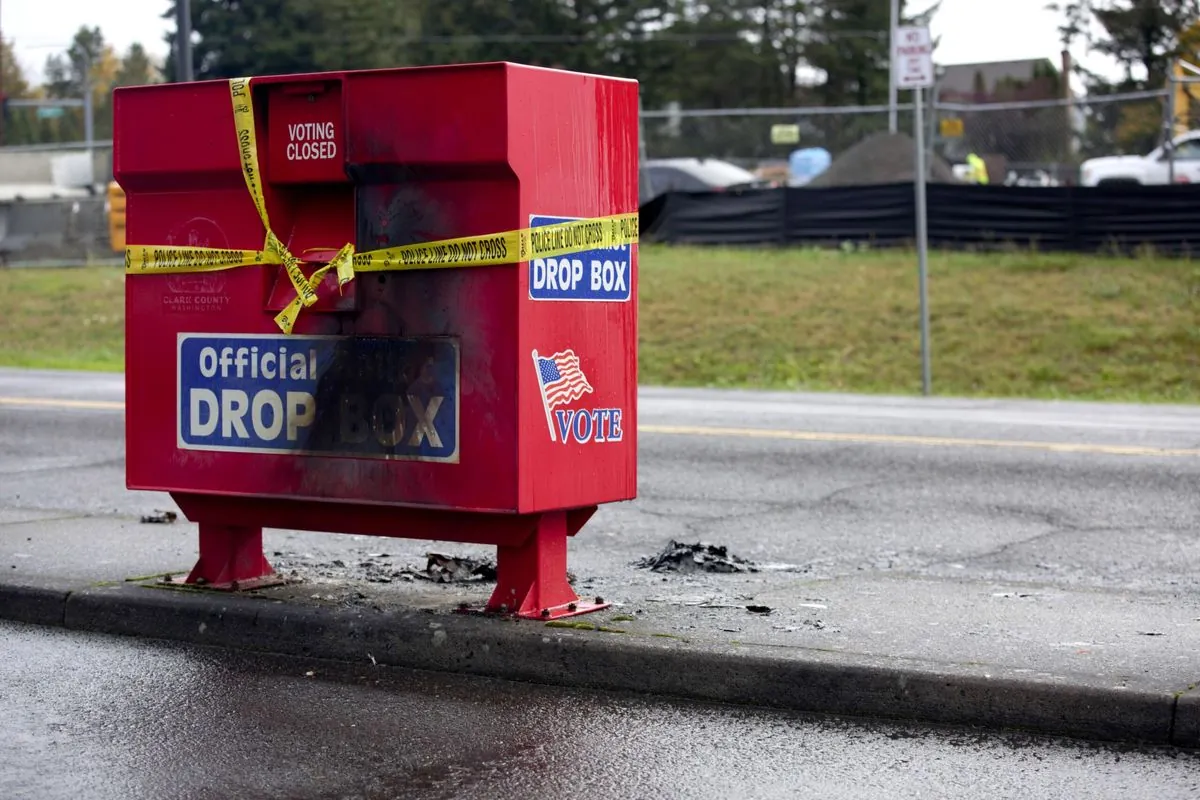Mexico's Unsolved Tragedy: A Decade Since 43 Students Vanished
Ten years after 43 Mexican students disappeared, families remain disillusioned. Despite initial progress, the case remains largely unsolved, with international organizations expressing concern over the stalled investigation.

Ten years have passed since the disappearance of 43 students from a rural teacher's college in southern Mexico, a case that continues to haunt the nation. On September 26, 2024, families marked the somber anniversary, their hopes for justice dimmed by a decade of unfulfilled promises.
The incident, which occurred on September 26, 2014, in Iguala, Guerrero state, has become one of Mexico's most notorious human rights scandals. The students from the Rural Normal School at Ayotzinapa, an institution known for its left-wing activism, were allegedly abducted while traveling to steal buses – a common practice for transportation. The case sparked massive protests across Mexico and internationally, highlighting the country's ongoing struggle with drug-related violence and corruption.
Andrés Manuel López Obrador's election in 2018 initially brought hope to the families. His administration established a truth commission and declared the disappearances a "state crime." However, as the investigation stalled, particularly regarding military cooperation, the president's stance shifted.
"He gave us a lot of hope. But it looks like he really protects the military and that's not fair."
The case has exposed deep-rooted issues within Mexico's criminal justice system and forensic capabilities. Despite having 120 people in custody, including the former attorney general charged with fabricating a false narrative, many crucial details remain unknown. The students are among the more than 115,000 recorded missing persons in Mexico, underscoring a broader crisis of forced disappearances.
International organizations have expressed concern over the lack of progress. The United Nations Human Rights Office lamented the "unsatisfactory results" of authorities, while the Inter-American Commission on Human Rights denounced a "pact of silence" impeding the identification of perpetrators and their protectors.
The Ayotzinapa case has strained Mexico's relationship with international human rights organizations and led to the formation of an Interdisciplinary Group of Independent Experts (GIEI) in 2015. Their findings contradicted the government's official version of events, known as the "historical truth," which was widely criticized.
Despite the challenges, the families of the missing students continue their fight for justice. As they have done every month for the past decade, they planned to march through Mexico City on the anniversary, demonstrating their unwavering commitment to uncovering the truth.

The case has become a symbol of Mexico's broader issues with corruption and collusion between authorities and drug cartels. It has inspired numerous books, documentaries, and artistic works, keeping the memory of the 43 students alive in the public consciousness.
As Mexico grapples with this unresolved tragedy, the Ayotzinapa case serves as a stark reminder of the ongoing challenges in addressing human rights violations and ensuring justice for the victims and their families. The fight for truth and accountability continues, even as the years pass and administrations change.


































